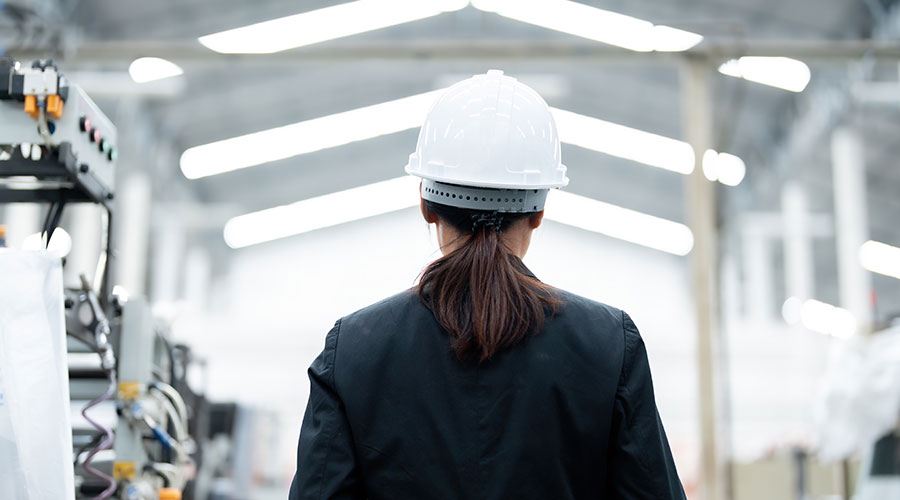
Chicago Museums Weigh Sharing Energy Systems
January 17, 2019
Microgrids are an emerging sustainability and resilience strategy for facility managers. Using microgrids allows easier integration of renewables and onsite storage and, as a result, lessens a facility’s dependence on grid electricity and lowers its overall electricity costs.
The idea of sharing energy systems that form the basis of a facility’s microgrid is gaining momentum, as well. In Chicago, three museums located in close proximity to each other — the Adler Planetarium, the Shedd Aquarium, and the Field Museum of Natural History — are exploring the possibility of connecting some of their energy-using systems for benefit to all three, according to Energy News Network. All three facilities theoretically could operate grid independently for long periods during the day, saving thousands on energy costs.
Some issues remain undecided, including who owns and operates specific equipment and how the specific energy-saving benefits might be delineated. Another question is, who decides when the facilities are islanded – that is, when they go off grid. One final challenge involves regulatory issues.
Illinois is more hospitable to microgrids than some other energy markets, according to the Energy News Network article, and the senior vice president of facilities at Shedd is quoted as being bullish on implementing a microgrid in the near future, saying, “Somewhere along the line, we’ll start to figure out a microgrid here.”
Greg Zimmerman is executive editor of Building Operating Management. Read his cover story on how buildings are tackling climate change.
Next
Read next on FacilitiesNet











